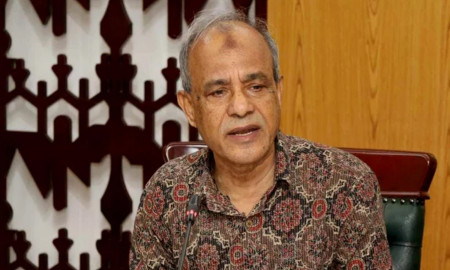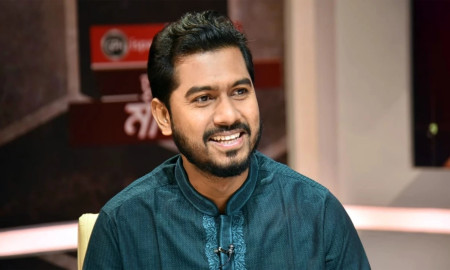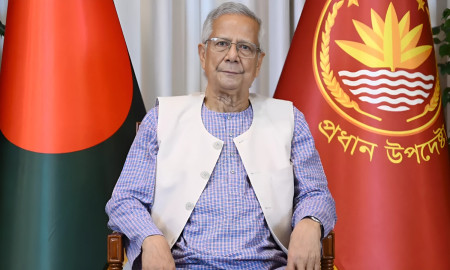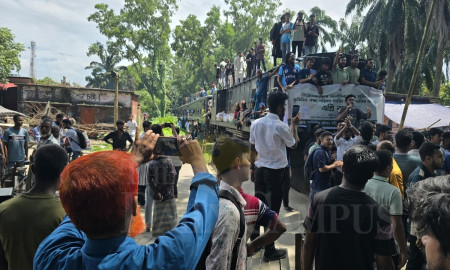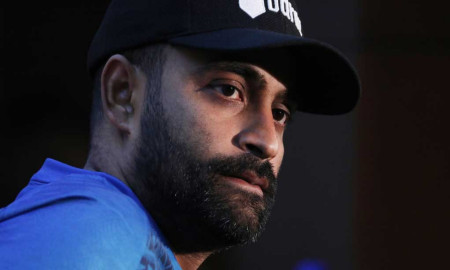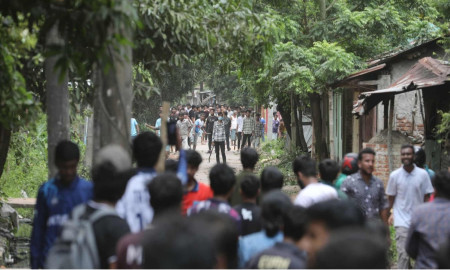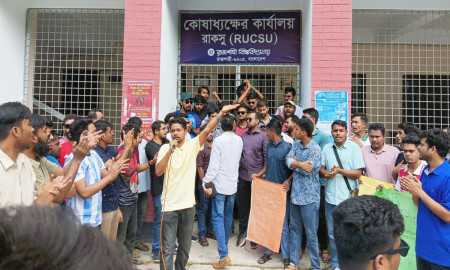Demand for Nationalization of 27 Deprived Model Secondary Schools
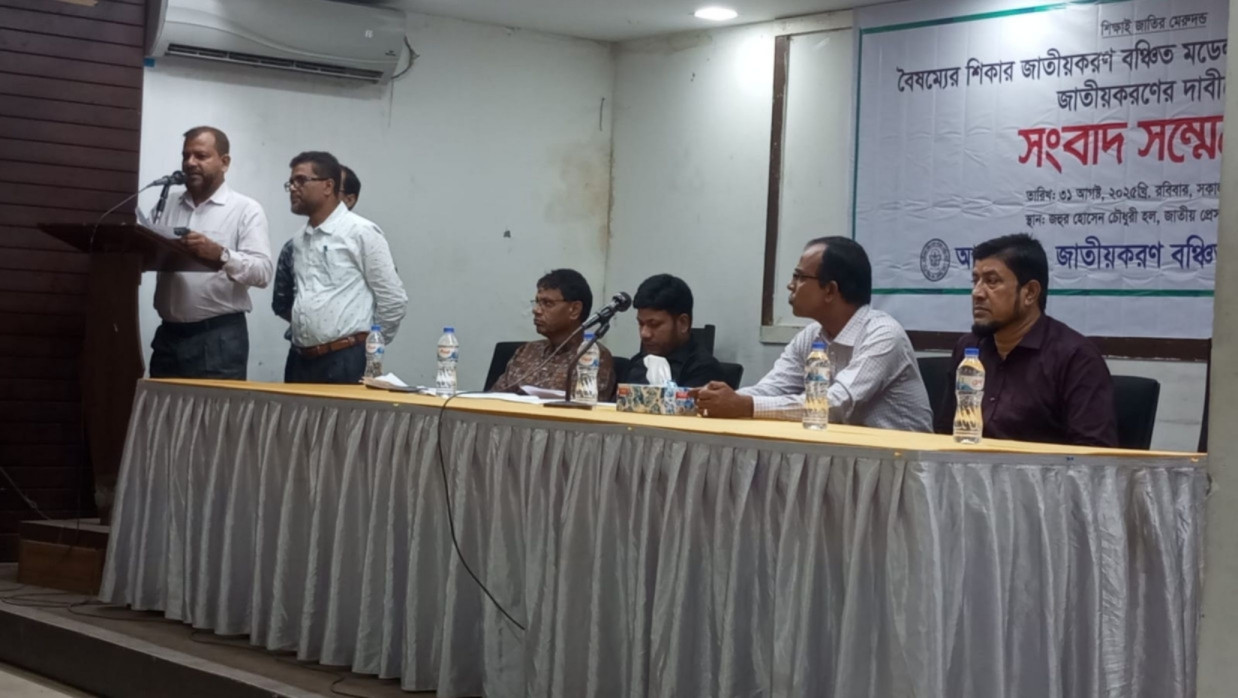
Despite being part of the 315 model secondary schools announced in 2008 under the caretaker government to enhance education quality, 27 institutions across Bangladesh remain excluded from nationalization. Teachers, students, parents, and local communities have expressed frustration over the prolonged delay in bringing these schools under government control, despite years of demands and advocacy.
On Sunday, August 31, 2025, the Central Committee of Deprived Model Institutions raised this issue at a press conference held at the Zahur Hossain Chowdhury Hall of the National Press Club in Dhaka.
Speakers at the press conference highlighted that these schools meet all government criteria, boasting modern academic buildings, multimedia classrooms, science laboratories, and computer labs. Yet, they remain deprived of nationalization due to political influence, favoritism, and administrative irregularities.
They alleged that in 2015, the government initiated nationalization of one secondary school per upazila, with upazila education offices prioritizing these model project schools in their lists. However, less qualified institutions, often backed by influential groups, were nationalized instead, leading to widespread discrimination and frustration.
For the past seven years, these deprived schools have persistently submitted memorandums to various government offices, met with senior officials, and advocated for their rights. A recent memorandum submitted to the Chief Adviser’s Office emphasized that these 27 schools meet government standards for nationalization, noting that two of their alumni currently hold significant government positions.
The speakers acknowledged the government’s recent announcement to nationalize 11 additional secondary schools in the past six months as a positive step. However, they view the failure to address the long-standing demands of these model schools as an injustice, fueling public discontent.
They emphasized that these schools have played a vital role in providing quality education and serving as centers for public examinations at the local level. The ongoing exclusion due to political interference and unethical practices sends a discouraging message for the country’s education system.
The speakers urged the Chief Adviser, who has consistently advocated for fairness, equality, and prioritization in education, to promptly bring these 27 schools under nationalization. They argued that fulfilling this demand would uphold the government’s commitment and benefit thousands of students and parents.
They issued a stern warning: if their demands are not met immediately, they will be compelled to launch a tougher movement to secure their rightful claims.



